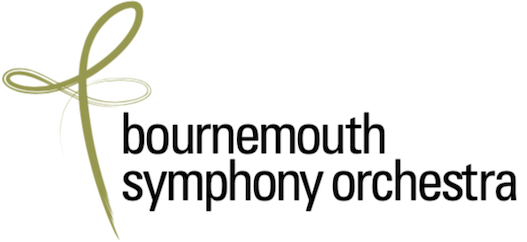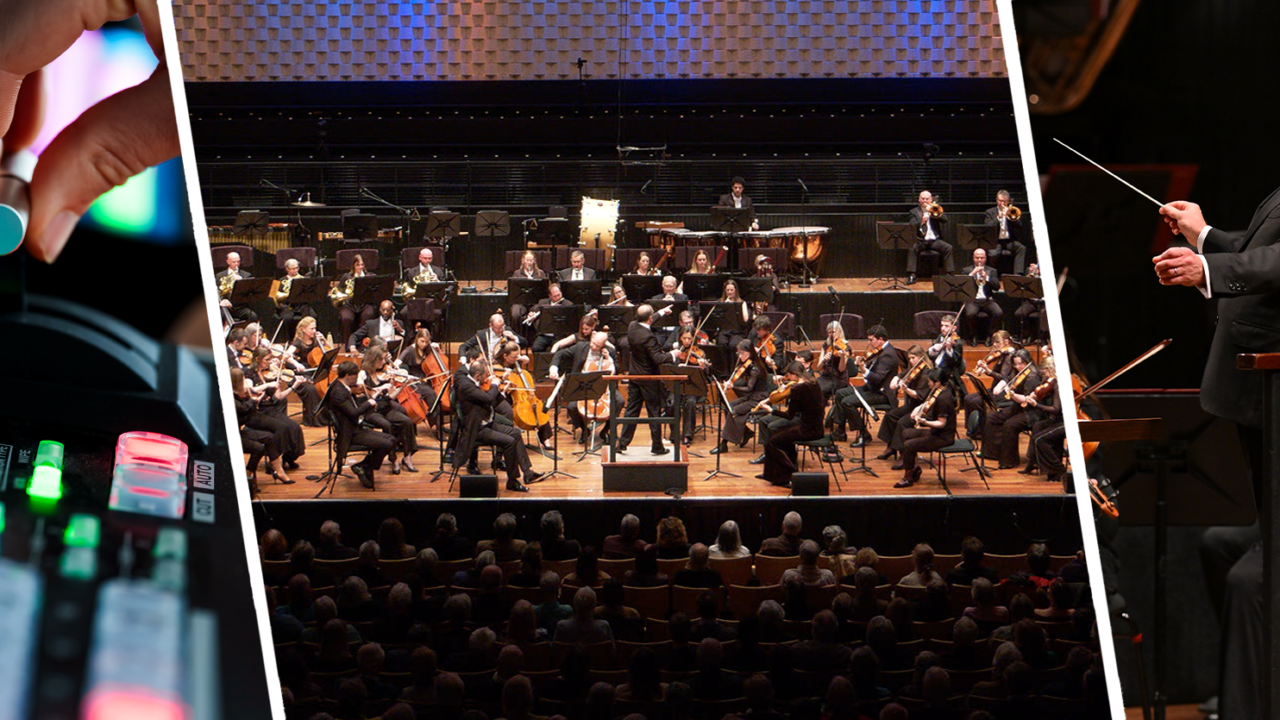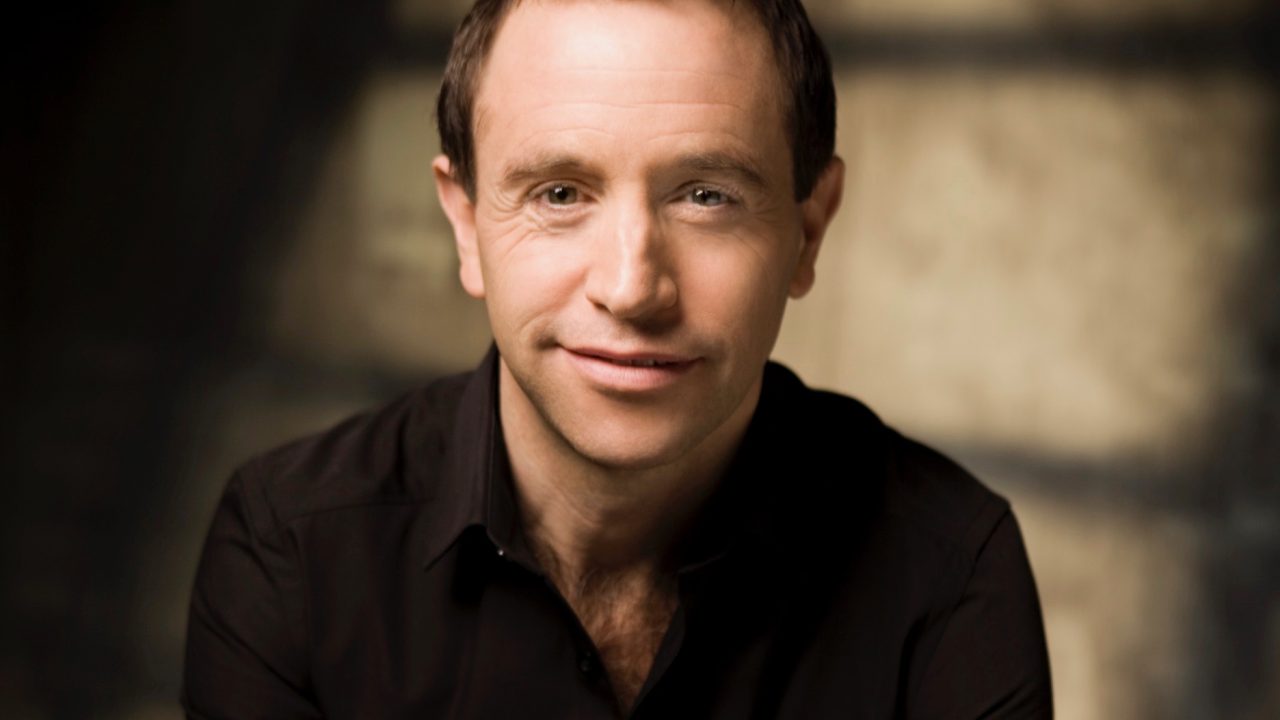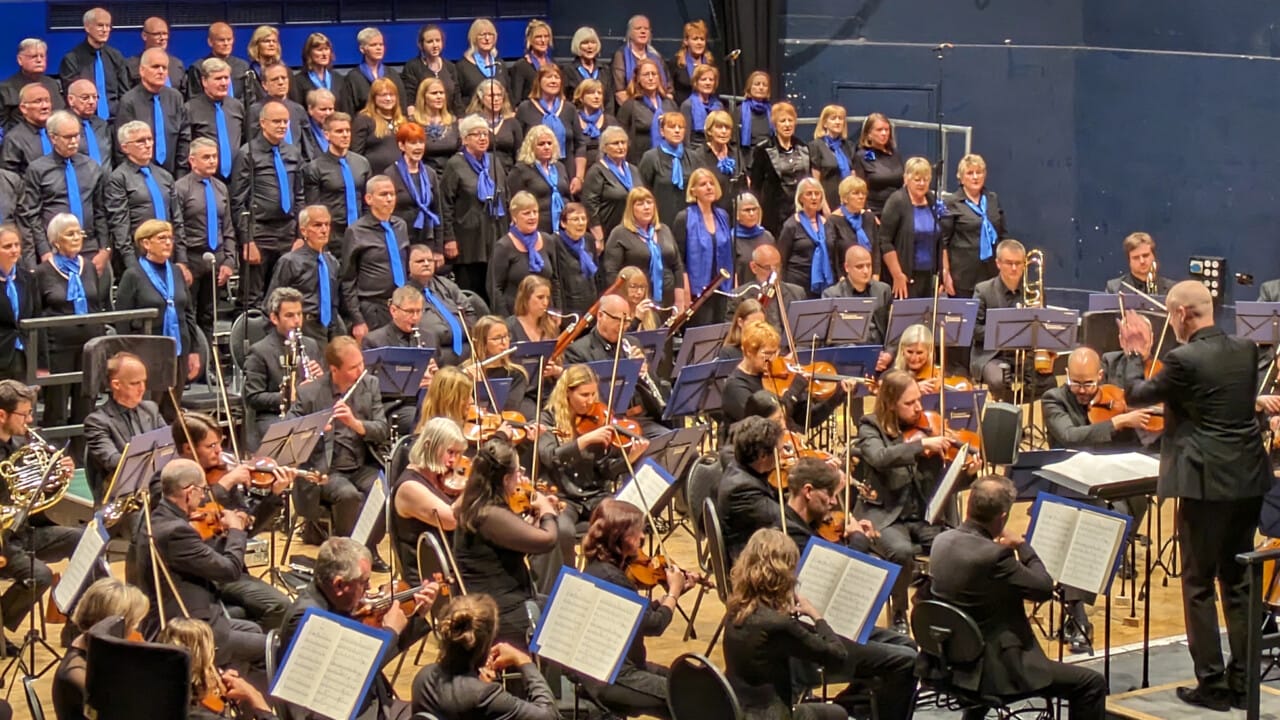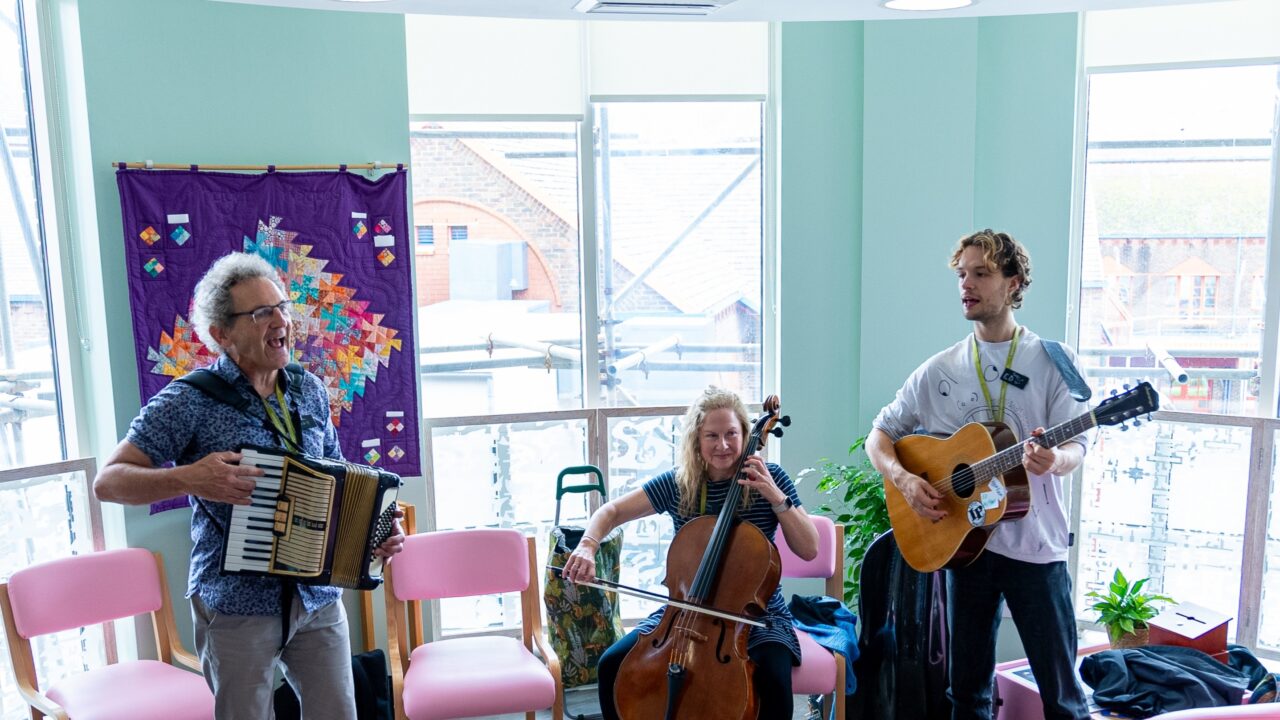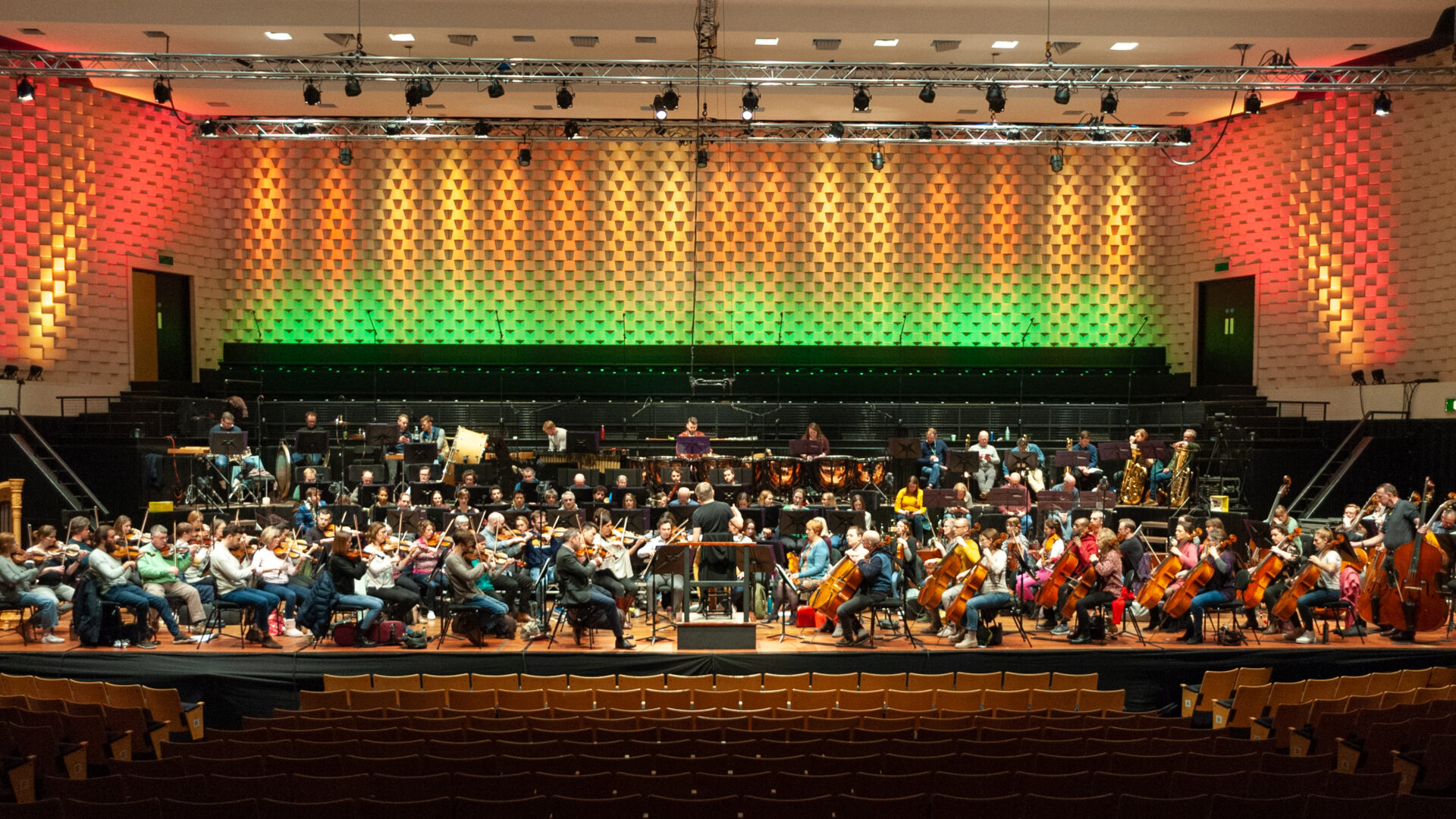We have been treated to a panoply of symphonies by the BSO in Poole Lighthouse so far in 2023: Scriabin 2, Dvořák’s New World, Bruckner 7 – with Brahms, Tchaikovsky and Mahler soon to come. And on this evening perhaps the most imposing of them all – Shostakovich 4 under the command of Mr Karabits.
Running just over an hour, it is a challenging listen – and must be really demanding to play – yet in terms of the variety of emotions explored it has few equals. The way that Soviet Russia abused the composer, among millions of other citizens, has been well documented. This symphony had to be hidden away unperformed for 25 years as Shostakovich feared that the Russian authorities would feel so threatened by it that they would dispatch him to the prison camps. It contains a terrifying picture of the Soviet state and its “terror” and a truly complex account of how people responded, coped and survived. It is a massive testament to the resolve of the human spirit.
All hail, then, the instrumentalists of the BSO – expanded to something over 120 players (I lost count) – who brought to life the ghastly scenes depicted in the first movement, not least the strings who dashed into the notorious fugue. There was relaxation of a kind in the shorter central Moderato con Moto before the huge final movement which mixes the composer’s famously vicious irony with bitter anguish. Maintaining energy right to the end, marked by haunting celesta notes, the BSO certainly earned its huge ovation.
The first half of the evening had celebrated different forms of love with a selection of rarely heard works from Eastern Europe. Akimenko’s Nocturne is a charming miniature from the Ukrainian composer whose Cello Concerto we heard so beautifully premiered at Lighthouse in October. Principal cello Jesper Svedberg took the luscious solo. The Prelude to Glazunov’s From the Middle Ages portrays a loving couple on a stormy night with music in a rich romantic vein.
The most substantial work in the first half was the cantata John of Damascus by Sergei Taneyev, a contemporary and friend of Tchaikovsky. The Bournemouth Symphony Chorus seemed to relish the three atmospheric movements and the demands of singing in Russian. After an Orthodox chant-like opening depicting a death scene, sections led up to the trumpet sounding for the saint with the hope that his soul will be taken into heaven. Heavenly love was certainly suggested in a resonant blend of voices and instruments.
The BSO continues to offer evenings mixing really refreshing and eye-opening rarities with astounding performances of some of the most challenging and inspiring works that the canon of classical music can offer. Surely the BSO is more than the cultural heartbeat of just the South West?
You can catch up on the concert via our digital library until 10 March here
